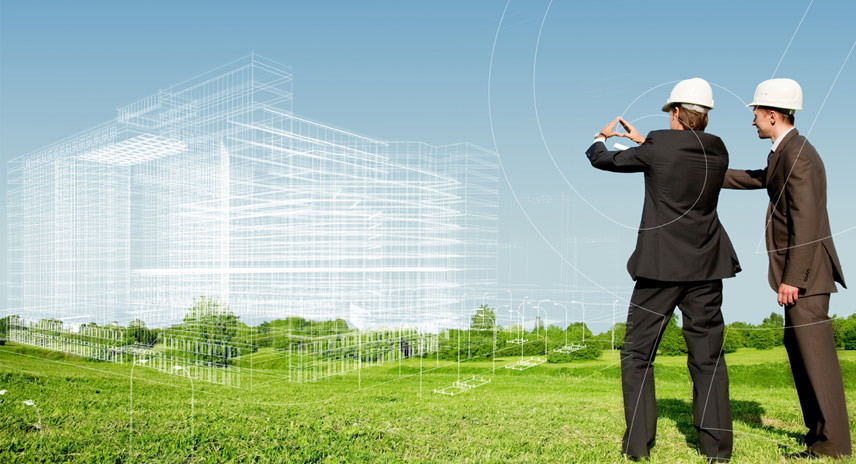
The core of the work of a property developer is the desire to transform vacant land or underutilized properties into tangible assets. They analyze the trends of market analyze the demands of the local community, and envision projects that meet both demands and aspirations. These visions often involve collaboration with architects, urban planners and local authorities in order to make sure that the project is aligned with the zoning laws, infrastructure requirements, and environmental considerations. From high-end condominiums and mixed-use development, property developers have the ability to conceptualize and carrying out projects that cater to different preferences and demographics.
One of the greatest benefits of developers in property is addressing the housing crisis in fast-growing urban centres. Through the development and implementation of housing projects, they are addressing the growing need for accommodations, catering to diverse types of income and demographics. Affordable housing options, in particular, underscore their commitment to social responsibility, aiming to increase homeownership to middle and low-income households.
In addition to physical development as well, property developers play an important role in shaping the social and economic landscape of the communities. Through their strategic planning and investments in the development of communities, they aid in creating vibrant communities that are equipped with vital amenities, recreational spaces, and cultural attractions. They not only improve the standard of living for inhabitants but also lure businesses, stimulate job growth, as well as create a sense being part of the community. Additionally, developers are often involved in charitable endeavors and support local infrastructure and initiatives that improve social life in the neighborhood. To obtain extra details kindly head to Akisama

Since the past few years, the technological advancement has transformed the world of property development which has brought about a new age of digital technology as well as smart city. In everything from virtual-reality simulations, to prescriptive analytics, builders leverage modern tools that streamline designing processes, boost the process of making decisions, and improve utilization of resources. In addition, sustainability is emerging as a defining imperative, requiring developers to incorporate sustainable buildings, sustainable energy options, as well as resilient designing strategies into their work. In leveraging technology and adhering to sustainable practices, developers can not only minimize their environmental footprint but also future-proof their investments in the face of changing market trends and the latest regulations.
As we peer into the future, the role of property developers is expected to shift in line with changes in the demographics of people, urbanization trends as well as global issues. The rising demand for mixed-use development, transit-oriented communities, and health-focused spaces will influence the future generation of development projects. Furthermore, the necessity for addressing climate change and increase social equity will push developers to adopt innovative approaches and collaborations. In the current dynamic environment, flexibleness, adaptability and an innovative mindset will distinguish the trailblazers who redefine the limits of possibilities within the field of real property development.